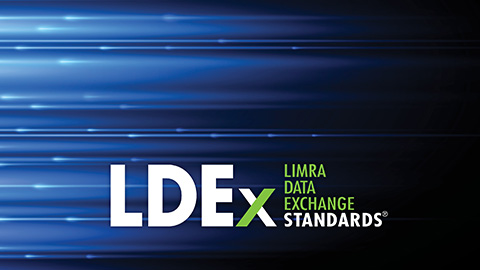Learn how principles from behavioral economics can influence employees' decisions to enroll in workplace benefits.

Kimberly A. Landry 3/31/2023
Learn how principles from behavioral economics can influence employees' decisions to enroll in workplace benefits.

Many employees choose not to enroll in nonmedical workplace benefits when given the opportunity, and often spend only a few minutes making enrollment decisions. How can benefits providers help employees make better decisions when they pay so little attention to their benefits?
The field of behavioral economics has identified a variety of mental shortcuts and biases that influence people's decisions when they are "thinking fast," such as anchoring, storytelling, social norms, default bias, information overload, and decision fatigue. This research explores how behavioral economic principles can be incorporated into benefits messaging to help employees make better enrollment decisions. Results are based on an online study of 2,408 U.S. employees conducted in fall 2022.

Making the process faster with standards. The LIMRA Data Exchange (LDEx) Standards are for insurance carriers and benefits administration technology companies looking to reduce errors, improve customer experience, and increase speed to market.

The former Group & Worksite Benefits Conference has evolved and been renamed the Workplace Benefits Conference. This is where you will hear about key topics in the benefits space. Companies now have a more market-driven outlook. They are adapting to the changing landscape of work, and to employees’ needs and expectations.

Research tailored to your individual business needs.